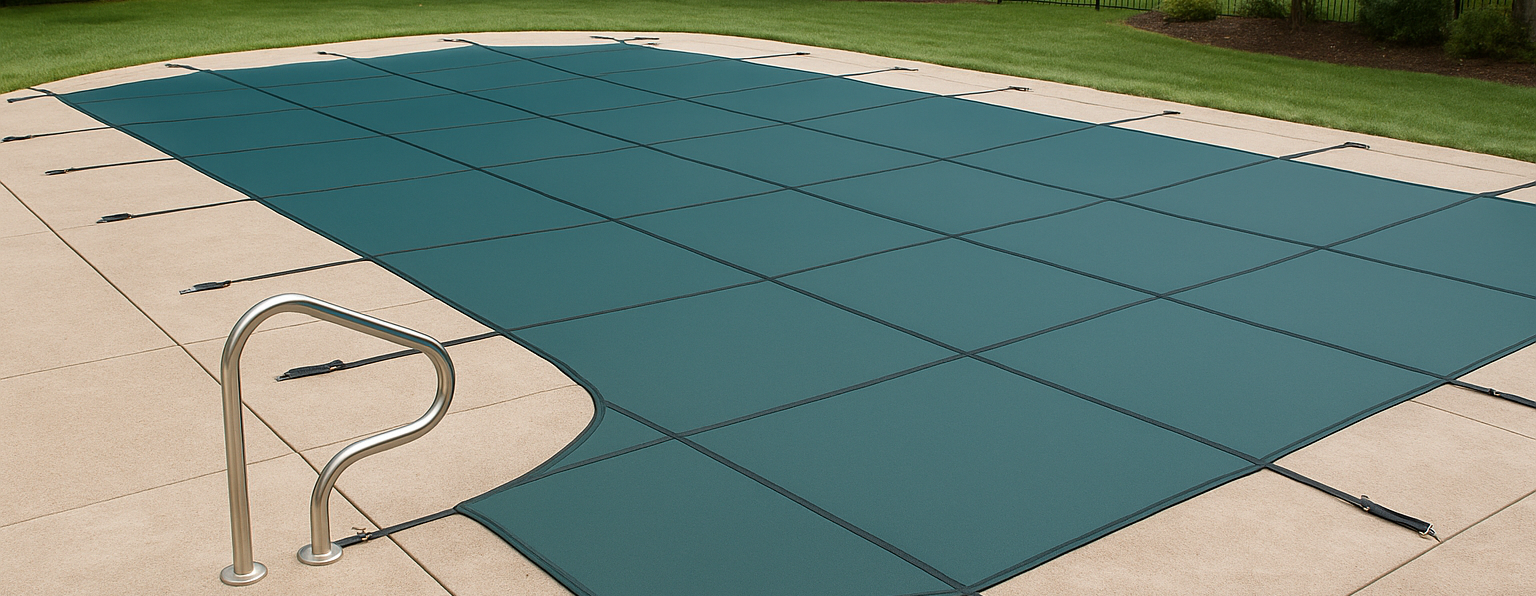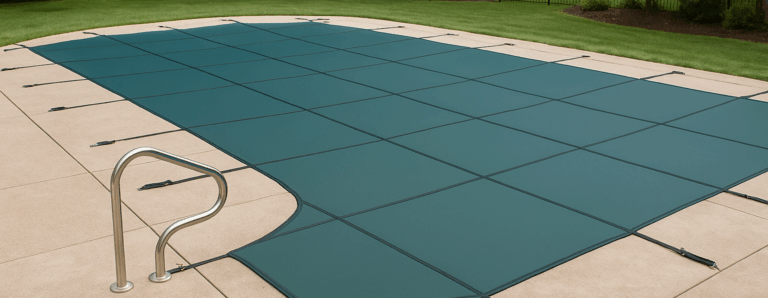As summer winds down and the temperatures begin to drop, pool owners face the important task of closing their pools for the season. Pool closing is not just about throwing on a cover—it’s a detailed process that protects your investment, prevents costly damage, and ensures a smooth reopening in the spring. Whether you handle it yourself or bring in professionals, taking the time to do it right pays off with cleaner water, better equipment longevity, and greater peace of mind.
Why Pool Closing Matters
Closing your pool correctly is crucial for protecting it against harsh winter elements. Without proper care, water can freeze and expand, leading to cracked pipes and broken equipment. Debris can sink to the bottom and stain liners, while unbalanced water chemistry may cause corrosion or scale buildup. A professional service like Crush Pools specializes in handling these challenges, giving homeowners confidence that their pool will remain in excellent condition during the off-season.
The Key Steps in Pool Closing
Every pool requires a comprehensive approach to closing. Each step is designed to protect different parts of the system, ensuring everything remains intact until warmer weather returns.
Balancing the Water Chemistry
Before closing, the water needs to be thoroughly tested and balanced. Adjusting pH, alkalinity, and calcium hardness prevents scaling and corrosion. A final shock treatment is also recommended to sanitize the water and keep it stable while the pool is covered.
Cleaning the Pool Thoroughly
Leaves, dirt, and debris should be removed before covering the pool. Skimming, brushing, and vacuuming keep surfaces clean and help prevent staining. This makes reopening in spring far easier and reduces the risk of algae growth.
Lowering the Water Level
In colder regions, water should be lowered below the skimmer line to prevent damage from freezing. The correct level depends on the type of cover being used, so this step should be carefully considered to protect both the pool and the cover.
Winterizing Equipment
Pumps, filters, heaters, and plumbing lines must be drained or treated with antifreeze to prevent freezing damage. This is one of the most critical aspects of closing, as leftover water in pipes or equipment can expand and cause expensive repairs. If you’re unsure how to handle pool closing, seek Crush Pool for professional assistance.
Installing the Cover
A durable, secure pool cover is the final step in closing. Safety covers are particularly recommended, as they not only protect the water but also add an important layer of security for families with children or pets. Proper installation ensures the cover stays tight and effective throughout the winter.
When Should You Close Your Pool?
Timing is important when it comes to closing. Closing too early, when temperatures are still warm, can promote algae growth. Waiting too long risks damage from frost. The best time to close your pool is when daytime temperatures consistently dip into the mid-60s or lower. This balance helps protect water quality while preventing freeze-related problems. For personalized guidance, check out Crush Pools for expert recommendations tailored to your local climate.
Common Mistakes Homeowners Make
Even with good intentions, many homeowners make mistakes during pool closing. Common errors include neglecting to balance the water, failing to drain equipment properly, and not securing the cover tightly. These oversights can lead to algae blooms, cracked pipes, or damaged filters by the time spring rolls around. Avoiding these issues is one of the main reasons many pool owners choose to rely on professional services.
The Benefits of Professional Pool Closing
While DIY pool closing is possible, working with experienced professionals provides peace of mind and reduces the risk of mistakes. A service like pool closing at Crush Pools ensures each step is handled thoroughly and correctly. Professionals not only handle the physical labor but also bring years of expertise to identify and prevent potential issues before they become costly problems.
How Pool Closing Protects Your Investment
Your pool represents a significant investment, and closing it properly extends its lifespan while saving money in the long run. Balanced water prevents damage to surfaces and liners, while winterizing equipment avoids costly repairs. A well-installed cover also reduces debris and algae, meaning you’ll spend less time and money preparing your pool when it’s time to open again.
Making Pool Closing Part of Your Annual Routine
Seasonal pool care is just as important as summer maintenance. By making pool closing part of your annual routine, you ensure your pool remains a safe and enjoyable feature of your home for years to come. It may seem like an extra task at the end of summer, but the long-term savings and convenience are well worth it. For those who prefer a worry-free experience, visit https://crushpools.com/ to explore professional pool closing options that make the process effortless.
Heading Into Winter with Confidence
Closing your pool properly is the final step in enjoying a stress-free summer. It protects your water, equipment, and overall investment, setting you up for an easy reopening in the spring. Whether you handle the process yourself or partner with trusted experts, pool closing is a critical part of responsible ownership. By taking care of your pool now, you’ll be rewarded with clear water, efficient equipment, and peace of mind when the warm weather returns.




